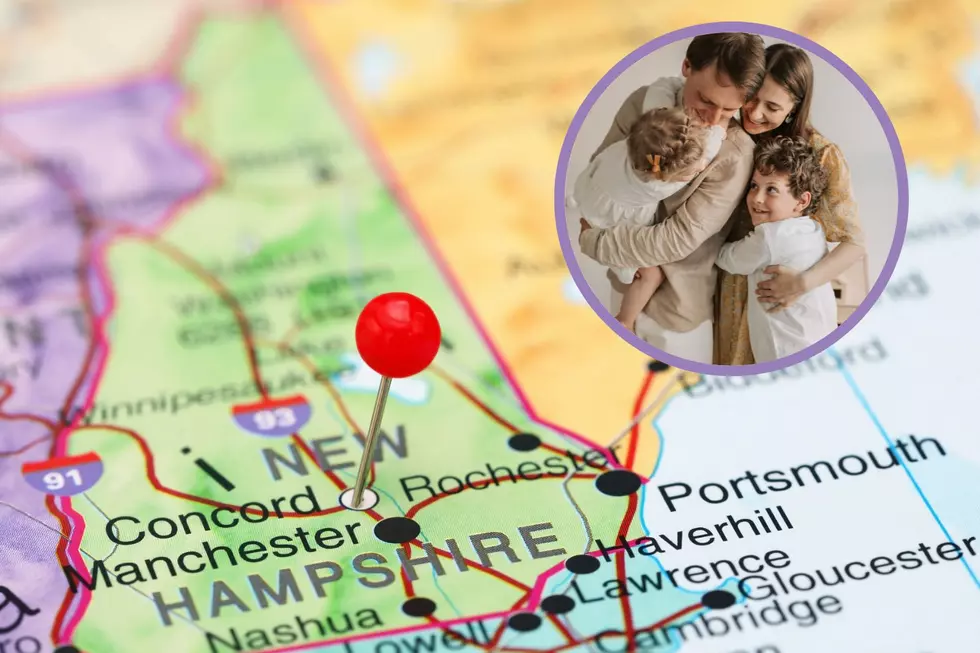
UNH: Parts of New England Could Be Snow-Free By End of Century
Parts of New England could be snow-free by the year 2100, according to researchers at the University of New Hampshire.
Given how climate change is affecting the change between the winter and spring seasons in the northeast, commonly referred to as the vernal window or mud season, a decrease in the amount of melting snow could have dire consequences to surrounding ecosystems, a university release said.
Danielle Grogan, a research scientist in UNH's Earth Systems Research Center, painted a picture of a partially snow-free New England.
“We found that climate change could alter the vernal window so much that by the year 2100, 59% of northeastern North America – which goes from Maine to Virginia – would not accumulate any snow. Historically, an average of 27% of the northeast goes without snow but by the end of century states like Connecticut and Pennsylvania could be snow free.”
A New England winter void of snow might not sound like a bad thing, but researchers maintain it would only serve to destroy local environments.
As researchers note the decline in overall snow cover throughout the northeast, by the end of a century a mud season could theoretically last three to four weeks longer than normal, resulting in less melting snow to support local bodies of water and other key parts of those ecosystems.
“Snow melt is a major event for rivers and forests in the northeast,” Grogan said. “It moves nutrients from the land to the rivers, boosts water levels and triggers essential spring happenings like the migration of fish. Losing the snow and the melt would change ecosystems on many levels and remove key signals that would disrupt natural patterns like fish mating.”
By the end of the century climate change could alter the vernal window to such an extent that, according to researchers, certain areas of the northeast could more closely resemble snow-free regions to the south.
Can You Guess These Maine and NH Cities and Towns?
More From Seacoast Current








